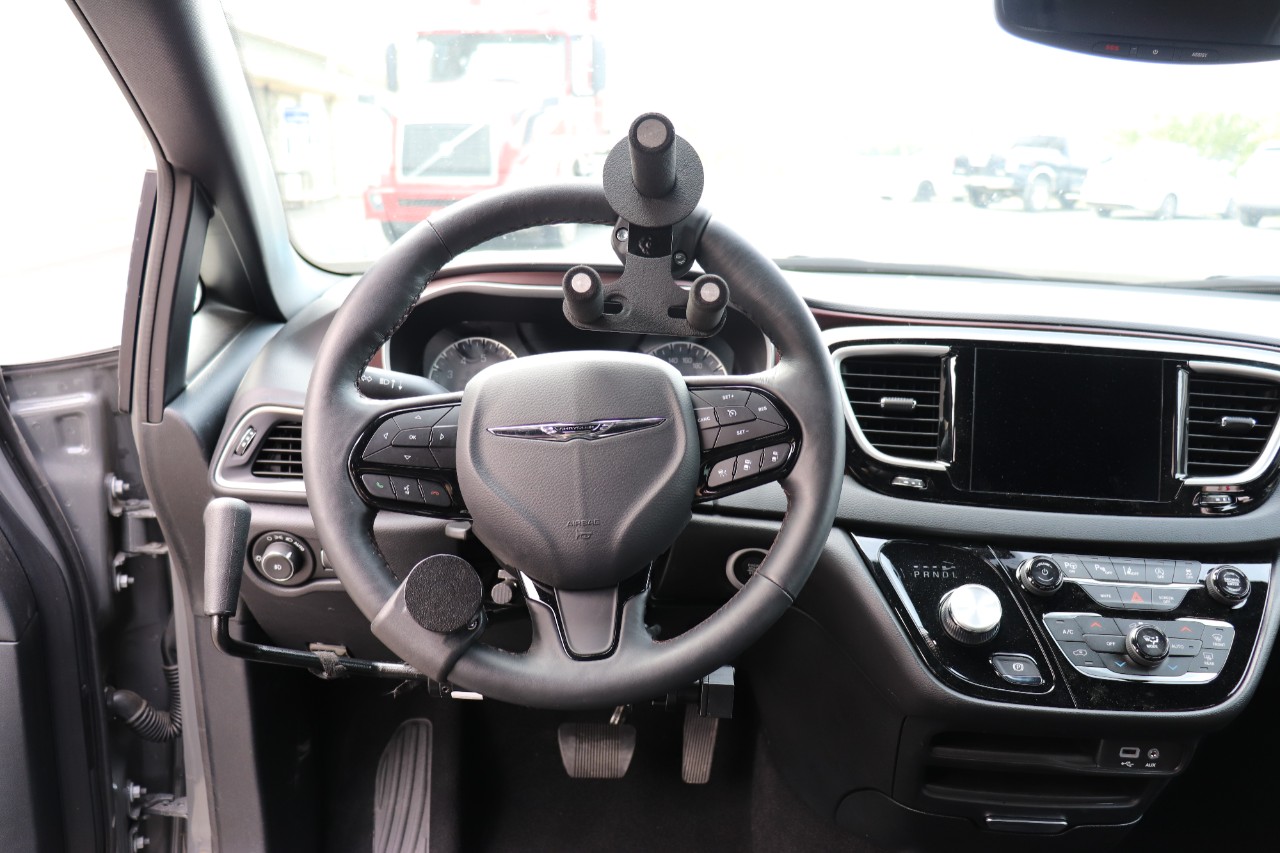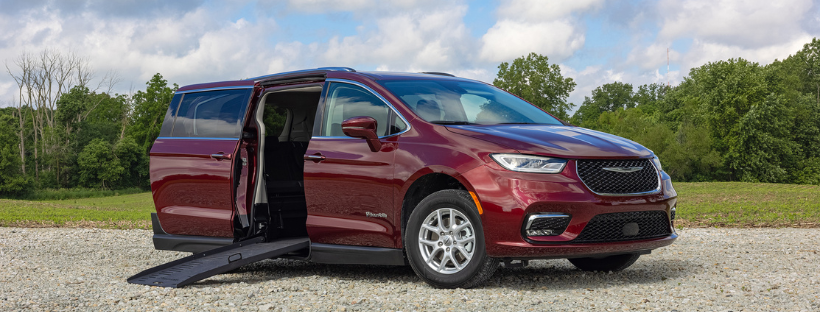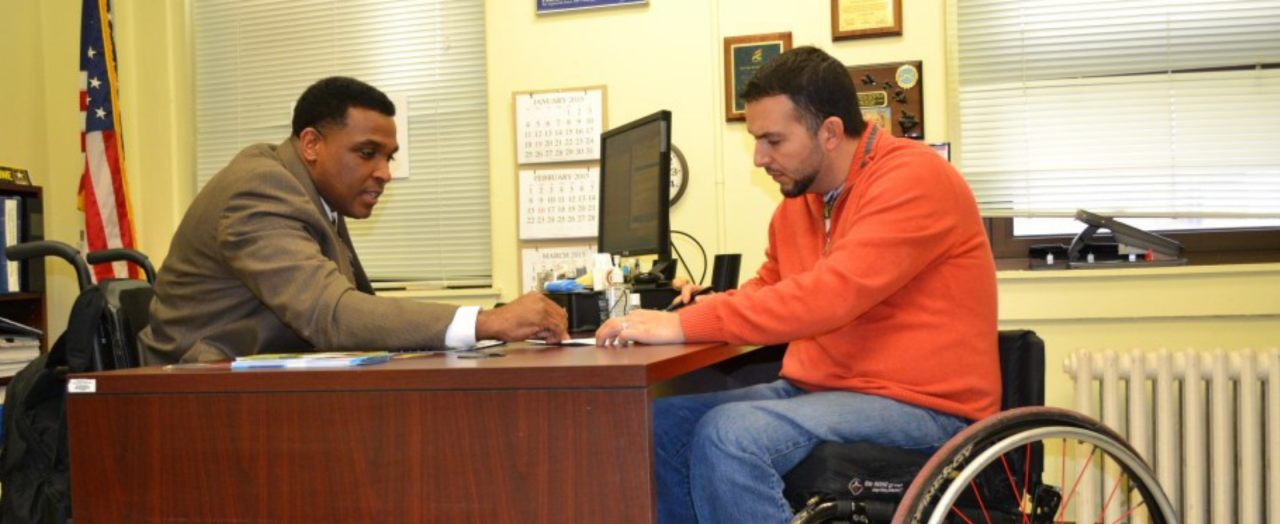
Veteran’s Guide for Mobility Solutions
Automotive Mobility Aides for disabled veterans can be a confusing and intimidating topic to navigate through. I always advise veterans who visit United Access to start with their respective VA prosthetics department or wheelchair department, as each veteran’s disability is unique to them. The adaptive equipment necessary can vary from individual to individual, and there are no hard fast rules on what equipment may be necessary.
Veteran Programs: Service-Connected and Non-Service Connected
VA programs vary into two main categories, service-connected and non-service-connected. For service-connected, typically a percentage of disability is assigned, and benefits are granted based on that percentage. There are two components to the 100% service-connected VA automotive program. A one-time automotive grant, form 4502, for FY2015 is $23,355.72 . This payment is made directly to the seller of the automobile on behalf of the veteran. The second component is for the Automotive Adaptive Equipment, form 1394. This program covers adaptive equipment, including wheelchair van conversions, driving aids, lifts, etc. at 100% of the cost paid to the vendor. I always recommend veterans obtain a registered advocate from the PVA or the DAV to assist in the VA process. Make sure to be consumer aware - there are companies out there that have “Veterans Advocates” who are only employees of companies trying to get your business or the business of the VA, all the information they give you will be based on their company’s agenda.
We receive many calls from veterans and car dealers asking, “can you install hand controls in my car?” We can, however, you must complete a driving evaluation with a Certified Driving Rehab Specialist (CDRS). The VA contracts with companies and some VA’s have a certified specialist on staff. You must have a prescription of a CDRS before United Access can legally install hand controls. If you are currently driving with hand controls, new ones can be installed in another vehicle without a new evaluation and if your medical condition has not changed. Adaptive equipment must be installed by a certified dealer.
In summary,
Always start with the VA Prosthetics and/or Wheelchair Departments. These are trained individuals who can best explain your benefits and help connect you with resources.
Obtain an advocate from a recognized non-profit, recognized by the VA such as the PVA or DAV, DO NOT use a “Veterans Advocate” from a for-profit corporation, they are really just a salesperson
Only NMEDA dealers are best equipped to install and repair lifts and are authorized by the manufacturers to do warranty work.
Is the salesperson interested in selling a product or serving the individual with a disability? Ask yourself that question and trust your gut.
Ask your fellow Veterans
About the Author
Chip Stoecker is a former US Navy Corpsman, who specialized as a surgical technician. He was involved in many surgical procedures that involved amputations, spinal cord injuries, gunshot wounds, explosions, and multiple trauma injuries. Chip spent 25 years in health care. He was formerly the General Manager of the Arizona United Access Stores located in Phoenix, Tucson, and Goodyear.
Connect with Us
Sign up to receive our newsletter to stay up to date on the latest United Access news, events, and products.


